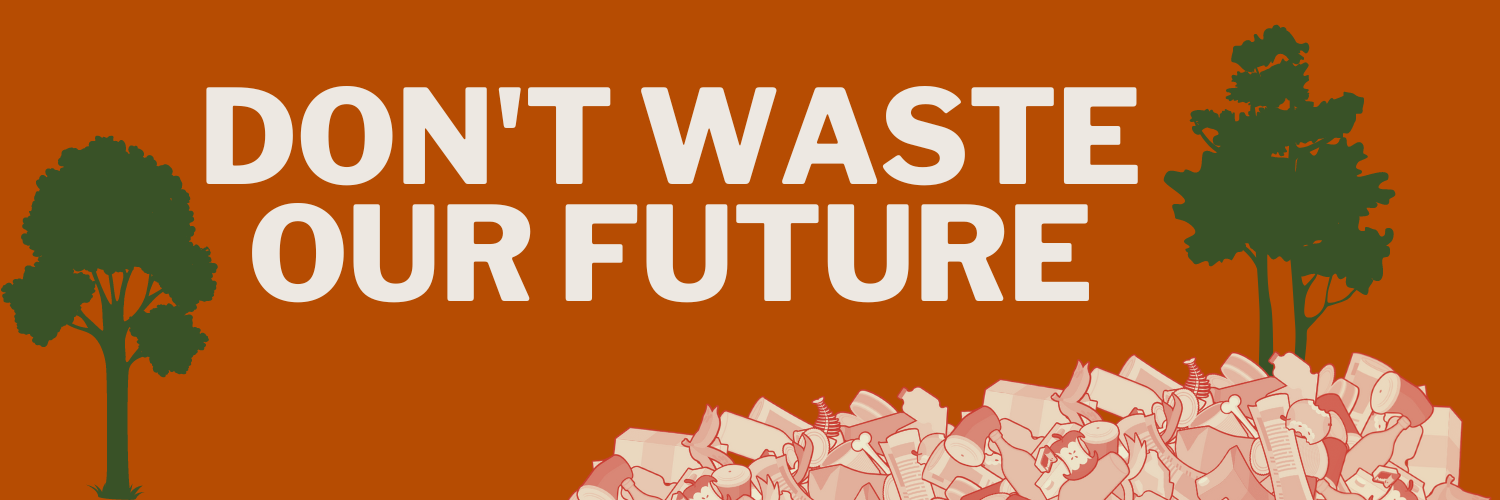Local leaders tell EPA: Don’t waste our chance to address emissions from landfills
Facing “existential threat” of climate change, local leaders urge EPA to strengthen landfill methane emissions standards, scale up strategies to prevent and divert food waste
WASHINGTON, D.C. — The Environmental Protection Agency (EPA) can drastically reduce planet-warming methane emissions from more than 1,200 municipal solid waste landfills and make meaningful progress on U.S. climate and environmental justice goals by strengthening federal landfill methane emissions rules and scaling up support for municipality-led waste management alternatives. That’s according to a letter sent by more than 50 local elected officials across 18 states and all 10 EPA regions to EPA Administrator Michael Regan today.
“Since Texas emits the most methane from landfills of any state in the nation, I strongly support EPA getting tough on these unnecessary pollutants. EPA can powerfully reduce dangerous landfill methane pollution by incentivizing the composting of food waste and yard scraps. That would provide soil enhancements from the compost and reduce the dangerous methane emissions. This would be a powerful win-win,” said Brigid Shea, Travis County Commissioner in Texas.
Landfills are the third highest source of methane nationally and the top industrial source of methane pollution in 37 states. When organic waste, such as food waste, yard waste, paper, or cardboard, decomposes in landfills across the country, it generates methane emissions equivalent to operating 79 coal-fired power plants each year. Since methane is a super-potent greenhouse gas about 80 times worse in its climate-warming potential than carbon dioxide in its first 20 years, addressing methane emissions from landfills is one of the most effective ways to slow the pace of global warming in the short term.
“Local communities like New Castle County have a front row seat to landfilling, but Delaware is unique where counties can’t change waste management practices. That’s why it’s essential that the EPA step up to better control methane emissions from landfills, while scaling up programs to prevent more food, paper and yard waste from ever ending up in a landfill to begin with,” said Dee Durham, County Council Member from New Castle County, Delaware and Chair/Co-Founder of Zero Waste First State.
Local governments across the U.S. are making strides to implement composting and food recovery programs to reduce waste and address hunger. Several states, including California, Maryland, and Washington, are pursuing organics diversion initiatives as well as tightened operational requirements for municipal solid waste landfills. However, local leaders noted additional federal action is necessary to meaningfully reduce methane emissions from landfills nationwide, beginning by strengthening the EPA’s landfill emissions rules and creating a roadmap to eliminate food and yard waste in landfills across the U.S. by 2040.
“Cities and municipalities across the country see the impacts of climate change every day, from warming temperatures to sea level rise and extreme weather events, impacting our health, safety, and local economies. Tackling landfill emissions is a win-win strategy for communities and the climate. While many communities are taking action, we need the EPA to bring to COP28 a 50-state strategy to drastically reduce methane emissions from waste," said Katherine Blauvelt, Circular Economy Director for Industrious Labs.
Methane plumes from landfills can signal that there are other pollutants harmful to the health of nearby communities, including carcinogens such as benzene and toluene. Methane plumes can also leak volatile organic compounds (VOCs) that react in the sunlight to form smog, triggering asthma attacks and making it harder to breathe.
“When it comes to steps federal regulators can take to swiftly and equitably reduce pollution across the United States, landfill emissions reduction is a straightforward solution. Nearby communities continue to suffer the consequences from living under clouds of toxic air and enduring the related health impacts caused by these facilities. By updating and strengthening landfill emissions rules, the EPA can deliver on its environmental justice commitments and promote a massive reduction in climate-warming emissions,” concluded Meghan Pazik, Policy Director for Climate Mayors. “We have no time to waste.”
###
